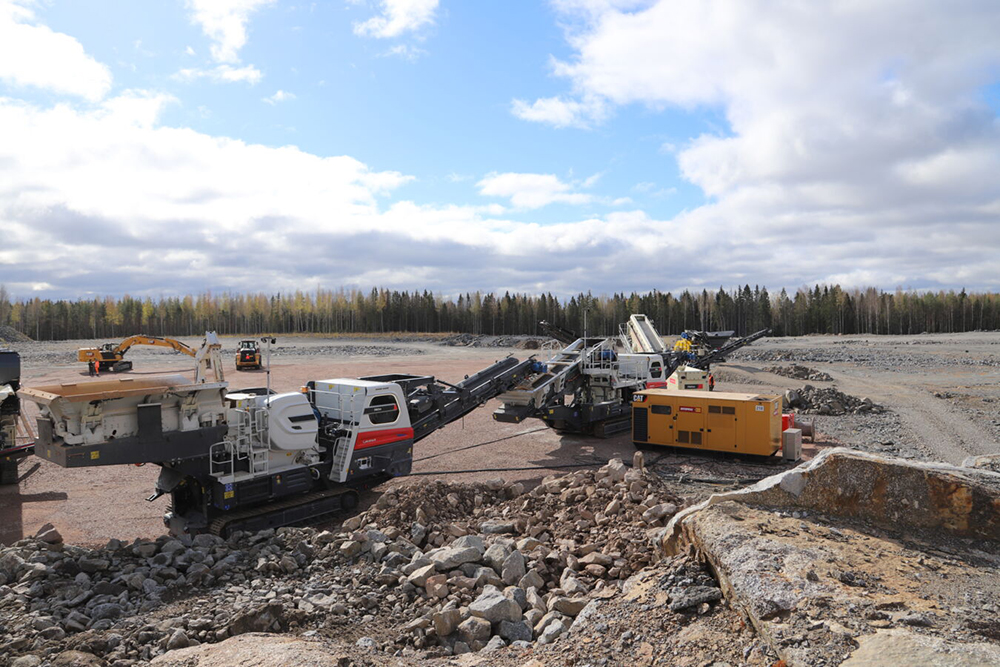
Whilst mineral products demand is expected to gradually rebound in 2025 from current lows, the MPA warns that aspects of the Budget are likely to drag on that recovery. The increased tax burden on businesses - particularly the national insurance contributions rate and threshold – threaten to undermine investment, wages and jobs throughout the construction supply chain.
Aurelie Delannoy, director of economic affairs at MPA, said: “Significant tax increases for employers are the stand-out measure for the mineral products sector in the near term. Positively, capital spending increases for schools, hospitals and rail projects are welcome, as is the fuel duty freeze to support the delivery of essential materials.
“However, the Budget also raises fresh uncertainty over the timing of the recovery in housebuilding activity. Long-awaited improvements in affordability and demand could be challenged by the inflationary impact of additional Government spending, slower than expected interest rate cuts, and the lowering in stamp duty thresholds, including for first time buyers. It is also disappointing that five major roads projects have been cancelled, reflecting a continuing a trend of poor National Highways programme delivery.”
Robert McIlveen, senior director of communications and public affairsm added: “Extra funding for roads is always welcome but would be best done on a sustainable, long-term basis rather than on a budget-to-budget basis. Overall, this Budget offers modest gains alongside a considerable tax increase for the sector, which employs over 80,000 people.”
The MPA also views capping corporation tax at 25%, the retention of the full expensing for plant and machinery the £1m annual investment allowance as positive measures, along with the corporate tax roadmap “provided it delivers the stable and predictable business tax regime, as promised,” McIlveen added.
On energy and decarbonisation, the confirmed funding for carbon capture, usage, and storage (CCUS) Track-1 projects, and £134 million to support the delivery of port infrastructure to facilitate floating offshore wind, are good news for mineral products manufacturers. However, the Government’s plan for the UK CBAM into force in 2027, a year after its EU counterpart, has raised industry concerns about potential exposure to high-emission cement imports in the interim. The MPA has called for the UK CBAM to align with the EU timeline in 2026 to ensure fair competition.
The Aggregates Levy rate will also increase by 5p to £2.08 per tonne in April 2025, costing producers an extra £8.5 million in 2025/26, and bringing the total aggregates levy payment to £355 million for the year. Meanwhile, for companies importing ‘critical’ minerals such as lithium, graphite and cobalt to Britain, the Chancellor announced a new state-backed loans aimed at supporting manufacturers in Commonwealth countries. Recognising the need for certain raw minerals to be imported, MPA has urged the Government to also encourage and secure reliable supplies of domestically-sourced minerals – both ‘critical’ and ‘essential’ - by stimulating new investment and overhauling mineral planning.
On planning, the Chancellor confirmed plans to hire “hundreds” of new planning officers, in line with the Labour manifesto, though further details are awaited as to how this will support mineral planning in line with MPA expectations.













